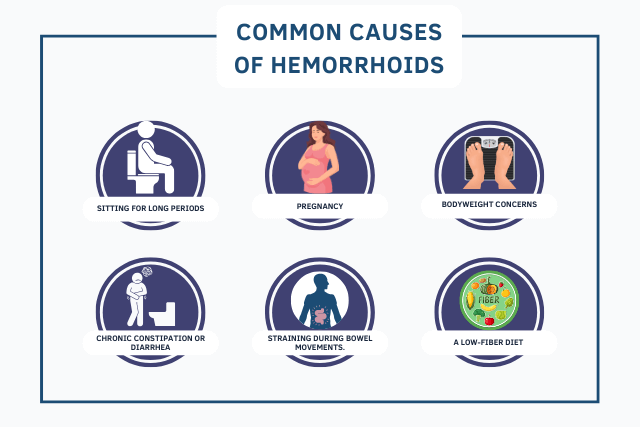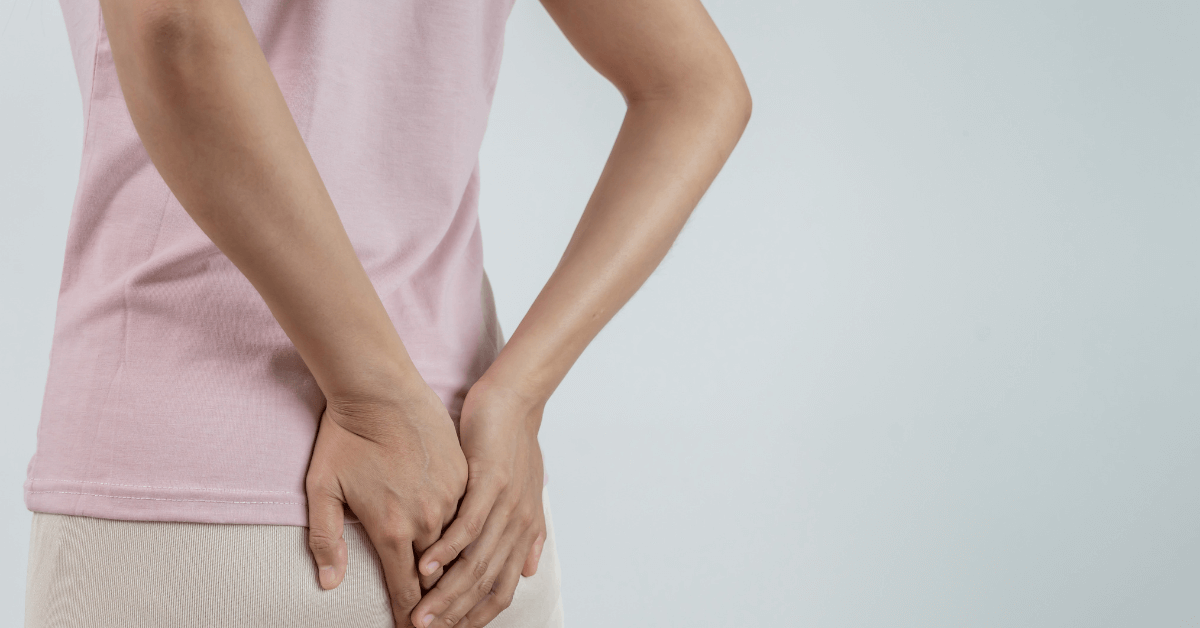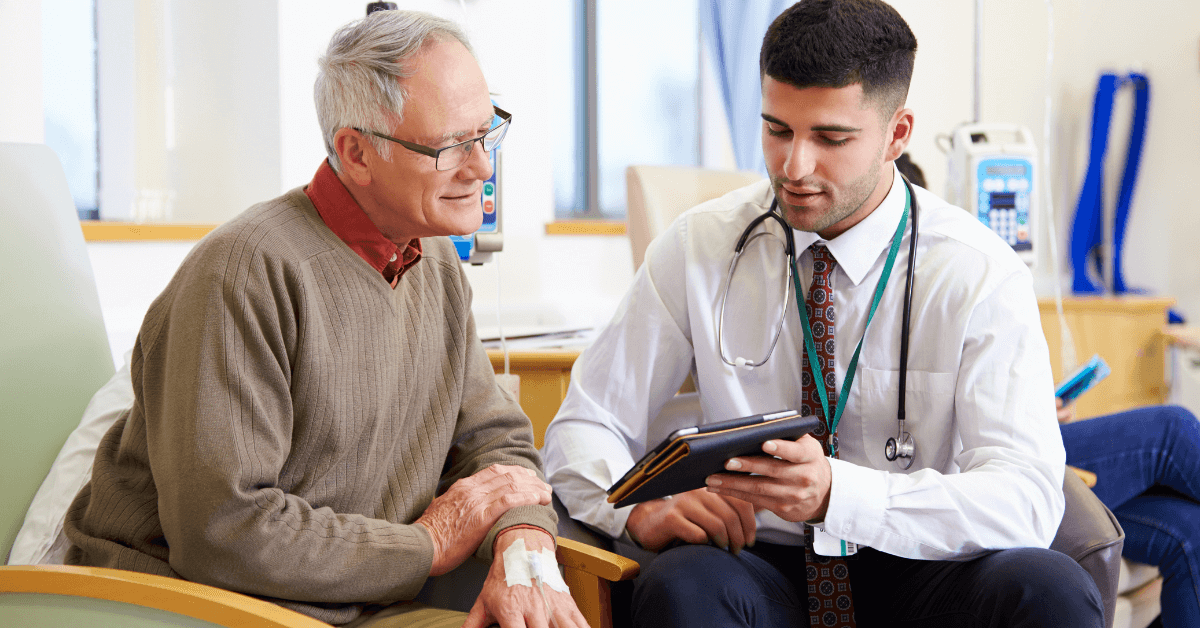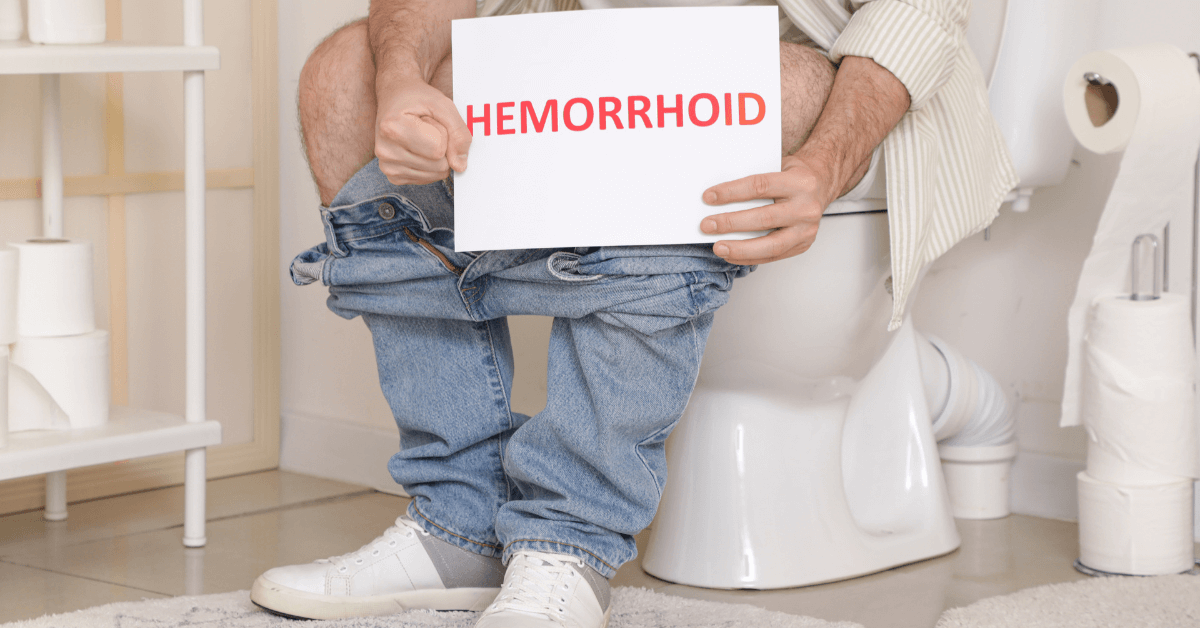Pregnancy is a time of significant change for your body, and while many changes are expected, others may take you by surprise. One of the more uncomfortable conditions that can arise during pregnancy is hemorrhoids. These swollen blood vessels in the rectum or anus can cause pain, itching, and even bleeding. Fortunately, there are various steps you can take to prevent hemorrhoids during pregnancy and manage them effectively if they develop. In this article, we will explore practical tips and treatments to help you stay comfortable during this crucial time.
What Are Hemorrhoids and Why Are They Common During Pregnancy?
Hemorrhoids are swollen blood vessels that form in the rectal or anal area due to pressure or strain. During pregnancy, several factors contribute to the increased likelihood of developing hemorrhoids. Increased blood flow, hormonal changes, and the growing uterus all put pressure on the veins in the rectal area, increasing the risk.
Additionally, constipation is a common pregnancy symptom. It often causes straining during bowel movements, which further contributes to the development of hemorrhoids. Pregnant women may also experience changes in their diet and activity levels, all of which can increase the chances of developing hemorrhoids.
Prevent Hemorrhoids During Pregnancy with a High-Fiber Diet
One of the most effective ways to prevent hemorrhoids during pregnancy is by maintaining a diet rich in fiber. Fiber helps soften the stool and promotes regular bowel movements, which reduces strain on the rectum. This can significantly lower your chances of developing hemorrhoids.
Incorporate fiber-rich foods like whole grains, fruits, vegetables, and legumes into your diet. These foods are not only nutritious but can also help improve digestion. For example, foods like apples, pears, spinach, and oats are high in fiber and easy to add to your meals.
If you find it difficult to get enough fiber through food alone, you may want to consider fiber supplements. However, always consult with your doctor before adding any supplements to your routine.
Drink Plenty of Water
Proper hydration is another key element in preventing hemorrhoids during pregnancy. Drinking enough water helps soften the stool, making it easier to pass and reducing the risk of constipation. Aim for at least 8-10 cups of water per day, especially during your second and third trimesters.
Dehydration can cause constipation, which, as mentioned, is a major factor in hemorrhoid development. By staying hydrated, you can maintain healthy bowel movements and help prevent the strain that can lead to hemorrhoids.
Avoid Straining During Bowel Movements
Straining during bowel movements is one of the leading causes of hemorrhoids. The pressure exerted on your rectal veins during straining can cause them to swell and form hemorrhoids. Therefore, it is essential to avoid straining as much as possible.
If you feel the urge to go but are having difficulty, take your time and don’t rush. Sometimes, it helps to sit in a comfortable position or use a footstool to elevate your feet slightly while on the toilet. This position can help your body relax and make it easier to pass stool without putting unnecessary pressure on your rectum.

Exercise Regularly
Exercise is essential for maintaining overall health during pregnancy, and it can also help prevent hemorrhoids. Regular physical activity improves circulation and promotes regular bowel movements, which reduces the risk of constipation and the strain that can lead to hemorrhoids.
You don’t have to engage in strenuous workouts to reap the benefits of exercise. Simple activities like walking, swimming, and prenatal yoga are excellent choices for expectant mothers. Just be sure to consult with your healthcare provider before beginning any new exercise routine.
Use the Right Bathroom Habits
Your bathroom habits can also play a significant role in preventing hemorrhoids during pregnancy. Always be mindful of how long you spend on the toilet. Prolonged sitting increases pressure on your rectum and can contribute to hemorrhoid development.
Additionally, avoid wiping too harshly or using scented toilet paper, as these can irritate sensitive skin. Instead, opt for moist wipes or use a bidet if available, which can be gentler on the skin.
Hemorrhoids Laser Treatment: A Modern Solution
For some women, despite preventive measures, hemorrhoids may still develop during pregnancy. In such cases, more advanced treatments like Hemorrhoid Laser Procedure (LHP®) may be considered. LHP® is an advanced, minimally invasive treatment that uses laser technology to remove or shrink hemorrhoids. This treatment is known for its precision and reduced recovery time compared to traditional methods.
Although laser treatment is highly effective, it’s important to consult with your doctor to see if it’s the right option for you, especially during pregnancy. As always, your healthcare provider will guide you toward the best solution for your condition, ensuring both your health and your baby’s safety are prioritized.
Natural Remedies for Hemorrhoid Relief
In addition to medical treatments, there are several natural remedies that can provide relief from hemorrhoids during pregnancy. These remedies focus on soothing the discomfort associated with hemorrhoids and promoting healing.
- Witch Hazel: Witch hazel has natural anti-inflammatory properties that can reduce swelling and discomfort. You can apply it to the affected area using a cotton ball or pad.
- Warm Baths: Soaking in a warm bath for 10-15 minutes several times a day can help alleviate pain and reduce swelling.
- Cold Compresses: Applying a cold compress to the hemorrhoids can provide temporary relief by numbing the area and reducing swelling.

When to Seek Medical Help
While many hemorrhoids can be managed with home treatments, it’s important to seek medical help if you experience severe pain, bleeding, or if the hemorrhoids do not improve with at-home care. Your doctor may recommend additional treatments or procedures to help alleviate the condition.
Conclusion
Pregnant women can prevent and manage hemorrhoids with the right approach, even though they are a common and uncomfortable issue. By maintaining a fiber-rich diet, staying hydrated, avoiding strain, exercising regularly, and practicing good bathroom habits, you can significantly reduce your risk of developing hemorrhoids. If necessary, medical treatments such as laser procedures and natural remedies can provide further relief.
Remember, always consult with your healthcare provider before beginning any new treatments or remedies to ensure they are safe for both you and your baby. With the right precautions and care, you can prevent hemorrhoids during pregnancy and enjoy a more comfortable journey through this special time.
If you experience any of the symptoms of hemorrhoids during pregnancy, don’t hesitate to book an appointment with us to discuss your options and receive personalized care.




